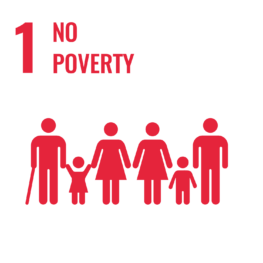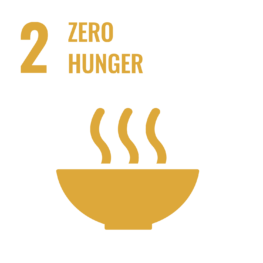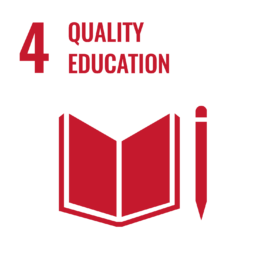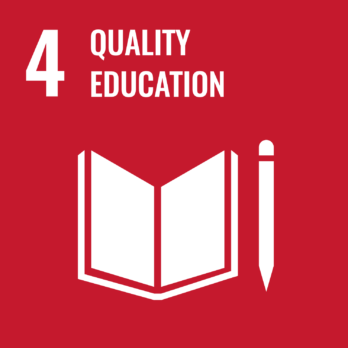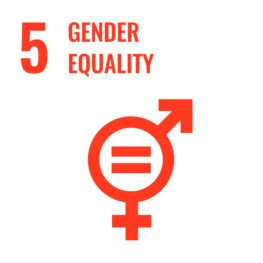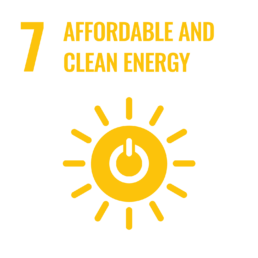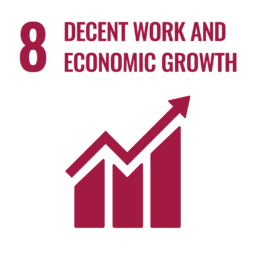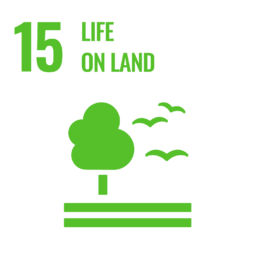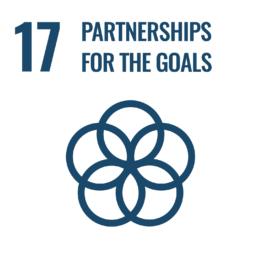
The Sustainable Development Goals (SDG) are a collection of 17 interlinked global goals designed to be a “blueprint to achieve a better and more sustainable future for all”.
Click on each sustainable development goal below to find out how Kijani contributes towards each goal.
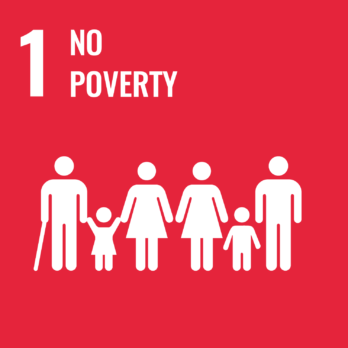
End poverty in all forms everywhere
Kijani partners with rural smallholder farmers to increase their income. As a company, Kijani prioritizes partnerships with rural communities to provide access to urban markets for their goods. Kijani provides the link needed for these farmers to earn more from their harvest – both energy crops and food crops. Based on our baseline survey, over 80% of our partner farmers sell their crops to a middleman or in the village, where prices are much lower and perpetuate the cycle of poverty. Kijani aims to break this cycle. Kijani is able to earn a higher price for the wood products that the farmers produce by providing access to a better market in urban centers.
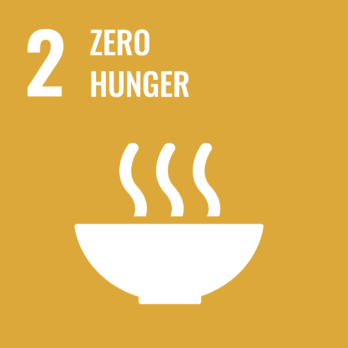
End hunger, achieve food security and improved nutrition, and promote sustainable agriculture
Kijani’s work also impacts food security. We pair nitrogen-fixing trees with key crops, creating intercropping systems that increase productivity while also improving soil quality. Kijani’s agroforestry systems don’t solely fix carbon into the soil – they also increase agricultural yields, generating more food for our partner households and improving nutritional outcomes.
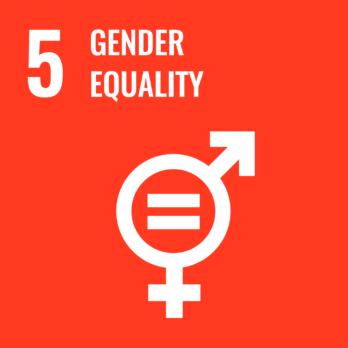
Achieve gender equality and empower all women and girls
Women make up almost half of the smallholder agricultural workforce, but usually have much less access to resources like credit and quality inputs. According to FAO, if women smallholders received the same access to productive resources, agricultural yields could rise by 20-30%. When agricultural yields increase, there is less pressure for deforestation and clearing of additional agricultural land. That’s why Kijani prioritizes working with female smallholder farmers through our work, with almost 60% of our partner farmers being female. Kijani works to improve female farmers’ access to training and quality inputs through our work, ensuring that they are at the center of our work.
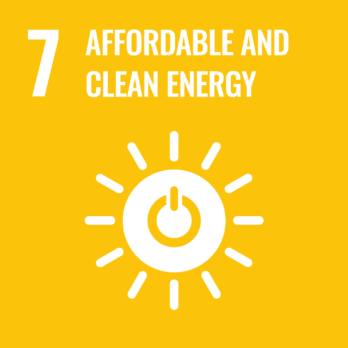
Ensure access to affordable, reliable, sustainable, and modern energy for all
Project Drawdown suggested Biomass as a viable solution for the climate crisis. Kijani’s sustainable woodlots replace old-growth forests as the source of charcoal in Uganda, allowing these valuable carbon stores to stay intact.
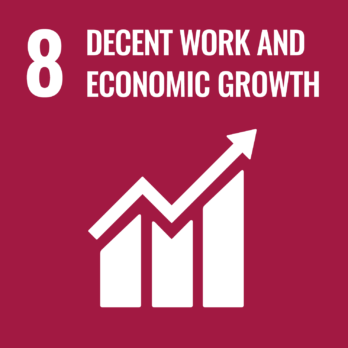
Promote sustained, inclusive, and sustainable economic growth, full and productive employment, and decent work for all
Kijani formally employs 38 full time Ugandans as part of our team in Gulu, Uganda . Kijani also works with thousands of smallholder farmers working in the informal agricultural sector. Through programming and partnership with the people of Uganda, Kijani works to achieve higher economic productivity along the entire charcoal supply chain, promoting innovation and new technology at each step.
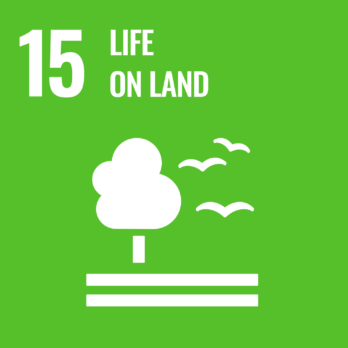
Protect, restore, and promote sustainable use terrestrial ecosystems, sustainably manage forests, combat desertification, and halt and reverse land degradation and halt biodiversity loss
Forest cover in Uganda is disappearing at an alarming rate, driven mostly by the need for agricultural expansion and fuelwood. This forest cover also encompasses crucial habitat for endangered species. Kijani works to halt this deforestation and rehabilitate degraded landscapes through our agroforestry programming, planting trees among crops and restoring biodiversity.
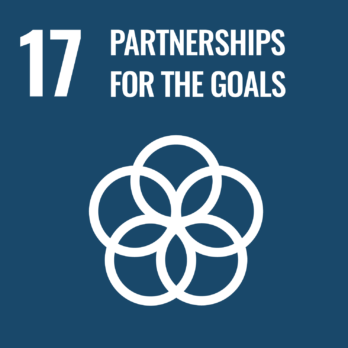
Revitalize the global partnership for sustainable development
Kijani has built meaningful relationships with government officials from the local level to national policymakers. Kijani believes in partnering with a wide variety of institutions, including academic partners, private sector actors, and non-governmental organizations, to achieve the SDGs.

